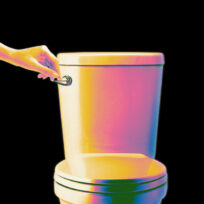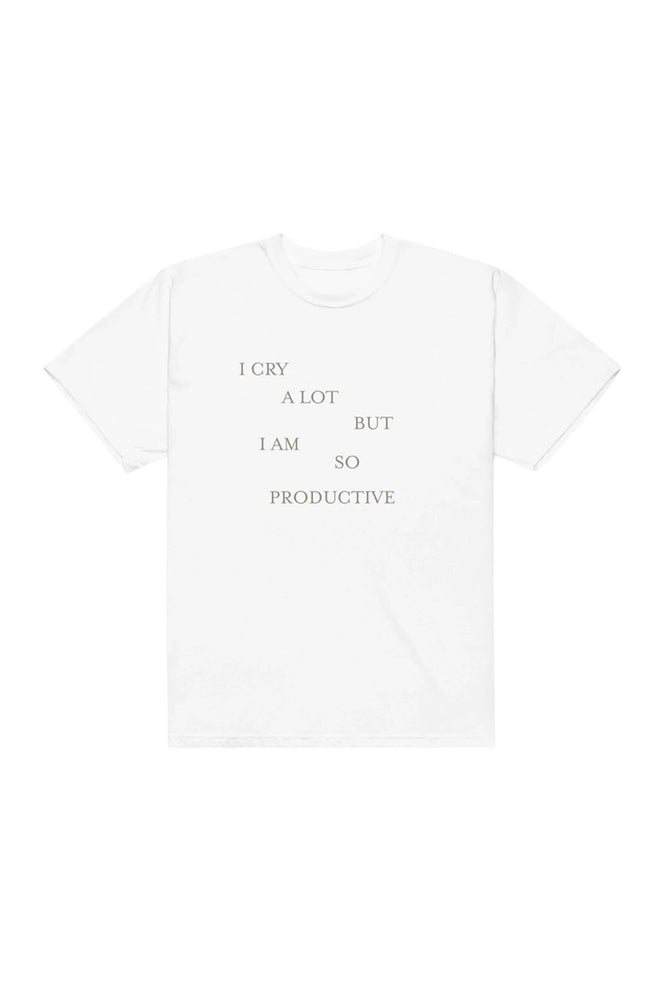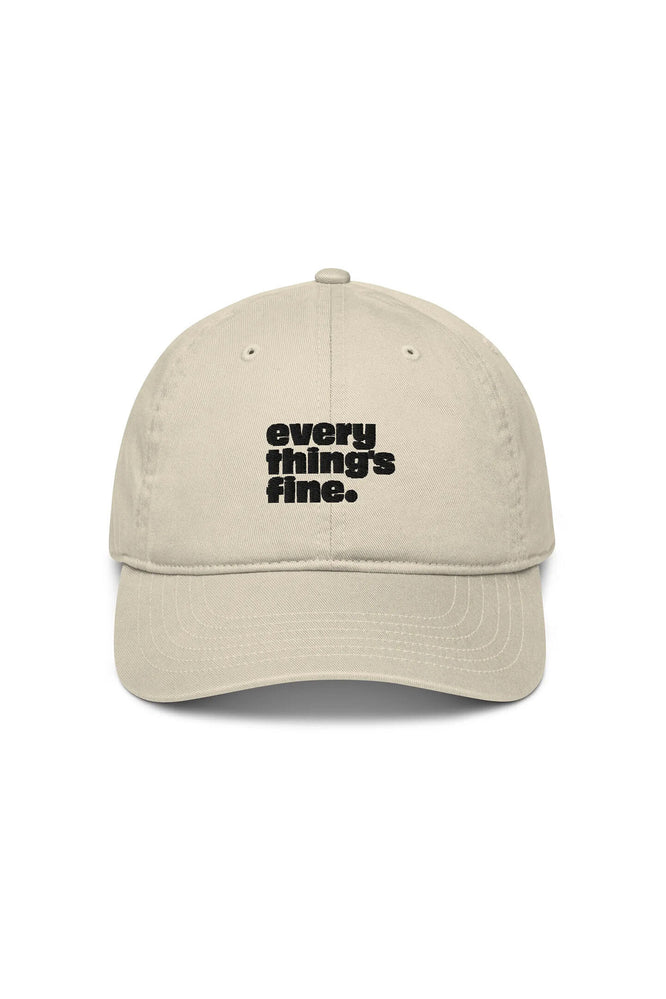During the holidays, I was binge-watching Real Housewives (naturally), when I saw it: A new Weight Watchers commercial. Set in what appeared to be the return line of a department store, a woman goes up to the counter and sets down a bag. “I’d like to return my love-hate relationship with cookies,” she says. After going back-and-forth with the perky salesperson behind the counter, she decides to just return the “hate” portion of her love-hate relationship. “Eat all the foods you love — even cookies, brownies, and desserts — and still lose weight. Weight Watchers can teach you how,” a voiceover at the end of the commercial says.
Anyone who was personally victimized by ‘90s and 2000s-era diet culture and still thinks twice when they reach for a banana or baby carrot (the sugar!) might remember that less than five years ago, Weight Watchers did a hard rebrand to try to distance itself from dieting. In September 2018, the company announced it was changing its name to WW, with the tagline “wellness that works.” As someone who’s been to meetings on and off since high school, it’s often said there that Weight Watchers is “not a diet; it’s a lifestyle.” This new shift seemed to be putting that slogan front and center.
The rebrand came at a time when calls for body diversity and body positivity were reaching something of a crescendo. “Diet” was the bad kind of four-letter word, and brands were feeling the pressure, and had been for years. Previously, in 2013, Lululemon’s founder came under fire for saying fat people weren’t meant to wear their leggings. He eventually resigned from the board. In 2014, Abercrombie finally expanded their sizes beyond a 10—though they didn’t feature plus-size models in a campaign until 2020. In September 2018, Cheryl Wischoover wrote in Vox, “the body positive movement is slowly gaining steam.” It got so serious that even Victoria’s Secret begrudgingly had to hire its first plus-size model in 2019 — a decision the brand fought tooth and nail ‘til the bitter end. Tellingly, Weight Watchers then-CEO Mindy Grossman told Fortune, “Healthy is the new skinny.”
Criticism of the diet industry is not new—the fat liberation movement started in the 1960s by queer Black women, and the fight against weight discrimination goes back decades. But with the rise of social media (and Instagram in particular), the body positivity movement and the idea that people should feel happy in their bodies, no matter how society views them, blew up. With that, we also saw a change in the body types that were gracing our feeds, going from the 2013-era #thighgap (god, the thigh gap) to 2015’s #thickthighssavelives.
The shift wasn’t just playing out on the internet and in stores. Tracy Lockwood Beckerman, registered dietitian and author of The Better Period Food Solution, was seeing it in her practice, too. “Earlier in my career, 99% of women met with me to help them lose weight,” she tells Betches. Back then, she says, “My clients wanted to essentially emulate skeletal celebs —i.e. The Kate Moss Era—“and there was such a toxic emphasis on unhealthy eating habits to try and obtain a barely-there look.”
Beckerman says lately, the focus is less on weight loss and more on holistic health. “They want to remove the scale from their success and use metrics like energy, sleep, mood and even bowel movements as their health gauge,” she says.
Chrissy King, author of The Body Liberation Project, tells Betches of this period in time, “I had felt like we were making progress and making strides, especially [with] the popularity of the body positivity movement, anti diet-culture, and Health at Every Size.”
But that swell of acceptance didn’t seem to last long. In November 2022, Page Six declared, “Bye-bye booty: Heroin chic is back.” The evidence? The Kardashians appeared to get their famous butt implants removed (the sisters have never admitted to the procedure) and “waifish girls paraded down the runway with bared midriffs” at Milan Fashion Week. Then, around the holidays, Weight Watchers was using its full name and unabashedly promoting weight loss. Amanda Tolleson, Chief Marketing Officer, tells Betches, “We are not rebranding nor are we moving away from WW but rather including WeightWatchers in how we refer to ourselves to champion both our heritage and who we are today.”
Now, Ozempic is dominating headlines and buccal fat removal seems to be all the rage. It doesn’t feel like a coincidence, that suddenly a new body part we’re supposed to be dissatisfied with (our cheeks? really?) pops into public consciousness right when it felt like society was just getting to a more positive, accepting place. What are we doing, guys? I was finally starting to feel comfortable eating egg yolks. (Kidding, but also, not.)
What happened to that supposed “steam” the body positive movement was gaining? What do we make of all this? And where do I fit in, admittedly a participant of the very system I’m trying to critique?
King says it’s not a coincidence that diet culture is back in full force, just when it seemed like we’d finally sworn off it. The weight loss industry is a $3.8 billion industry, and it’s in their interest to make people feel like something’s wrong with them, something that can only be solved with a program/flat tummy tea/buccal fat removal/whatever. “I feel like anytime there’s a shift, in terms of how people are thinking about their bodies, they are intentional to double down on that messaging,” King says.
Maybe the real mistake was thinking diet culture had ever really gone away in the first place. Intermittent fasting, which has been linked to disordered eating, replaced outright dieting. Noom cropped up, and its slogan of “stop dieting. Get lifelong results” is eerily similar to what I’d hear in my Weight Watchers meetings. Being stick-thin was replaced with being stick-thin, just with boobs and a butt. And as far as Page Six goes, thinking that the Kardashians, who peddle appetite suppressants and waist trainers, and who appropriate Black culture (including the very physical attributes for which Black women are mocked and discriminated against) only when it benefits them, were helping to advance body diversity just because they may have gotten butt implants is laughable.
Beckerman is disturbed by the declaration that “heroin chic is in”: “But hey, I’m just a health professional, so what do I know?” She says. At the same time, she’s thankful for the celebrities, models, influencers, and other tastemakers who’ve dared to try to move the needle by rejecting these standards. She says they’re helping society “embrace and love our natural curves, flaunt our natural stretch marks, show off our cellulite, exposing the true nature of what a true body looks like.”
Still, body positivity has its limits, especially since the movement has been largely co-opted by thin white women who will do things like post their folds of skin that appear when they sit down as a way to show nobody’s perfect, or something. Again, not new: Even back in 2014, there were scholars who were skeptical, who believed that “overall, body positivity seems to reflect, more than reject, many of the very narratives of conformity and regulation it seeks to push past.”
Furthermore, no amount of feeling happy in, or even neutral with, your own individual body is going to make our society’s emphasis on thin bodies go away. And, “If you live in a body which faces discrimination and oppression, all the self-love in the world doesn’t stop you from experiencing those things,” King says. She and many others advocate for moving past body positivity towards body neutrality (which is the ability to simply accept your body without judgment), and hopefully body liberation, which is about dismantling the systems in place that reward certain bodies and demonize or stigmatize others so that, King says, “everyone does have the freedom to love themselves unapologetically.”
“Life is so much more important than what we look like,” King says. “And when we free up that energy that we were spending on obsessing about our bodies, there’s so much magic that we can create.”


















































